One of the factors that increases blood pressure and damages the kidneys the fastest is eating salty food. Just absorbing more than 5 grams of salt per day can increase the risk of kidney disease by 20%, according to the health website Healthline (USA).
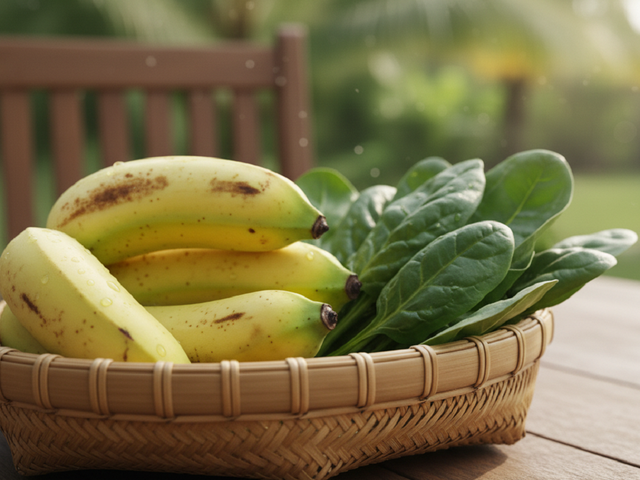
Bananas and spinach are foods rich in potassium.
PHOTO: AI
In addition to limiting salt, people with high blood pressure who want to protect their kidneys should note the following:
Control blood sugar and cholesterol
These are two very important factors to protect the blood vessels of the kidney. High blood pressure and high blood sugar often go together. When blood sugar increases, excess glucose in the blood will damage the endothelium of the blood vessels in the kidney. This condition combined with high blood pressure causes glomerulosclerosis.
Research published in the journal Diabetes Care shows that people with good blood sugar control can reduce the risk of kidney failure by up to 40% compared to those with poor control. In addition, controlling blood cholesterol levels is also important. High cholesterol causes plaque buildup in the blood vessel walls, thereby narrowing the blood vessels of the kidneys.
Avoid overuse of painkillers
Many people with high blood pressure have a habit of using over-the-counter painkillers such as paracetamol, ibuprofen, naproxen to relieve headaches or joint pain. However, regular use of these drugs can reduce blood flow to the kidneys, increasing the risk of chronic kidney damage.
Additionally, some weight loss, muscle building, or detox supplements contain powerful herbal compounds, such as aristolochic acid or ephedra, which can be toxic to the kidneys. People with high blood pressure should only use medications and supplements under the guidance of a doctor, and avoid taking them based on word of mouth or advertising.
Exercise regularly
Being overweight increases insulin resistance, causes inflammation in blood vessels, and makes blood pressure harder to control. Research in the Hypertension Journal shows that in overweight or obese people, losing 5-10% of body weight can help lower blood pressure by an average of 5-10 mm Hg, thereby significantly reducing the risk of kidney failure.
Patients should exercise 30 minutes a day, at least 5 days a week with exercises such as brisk walking, swimming or light cycling. Regular exercise will improve kidney blood circulation, reduce stress and support effective weight control.
Eat foods rich in potassium and magnesium
Certain minerals play a role in regulating blood pressure and protecting the blood vessels of the kidneys. Diets rich in potassium and magnesium help to stabilize blood pressure and improve vascular endothelial function. Foods rich in potassium include bananas, oranges, sweet potatoes, and spinach, while foods rich in magnesium include almonds, oats, and salmon.
In healthy people, the kidneys excrete 90-95% of excess potassium through urine. For people with impaired kidney function, potassium supplementation needs to be tightly controlled to avoid hyperkalemia. This is a dangerous complication with symptoms of arrhythmia, sudden cardiac arrest, muscle weakness, and even respiratory muscle paralysis in severe cases, according to Healthline .
Source: https://thanhnien.vn/nguoi-huyet-ap-cao-can-chu-y-gi-de-tranh-suy-than-185251015134821234.htm


![[Photo] Conference of the Government Party Committee Standing Committee and the National Assembly Party Committee Standing Committee on the 10th Session, 15th National Assembly](https://vphoto.vietnam.vn/thumb/1200x675/vietnam/resource/IMAGE/2025/10/15/1760543205375_dsc-7128-jpg.webp)



![[Photo] Many dykes in Bac Ninh were eroded after the circulation of storm No. 11](https://vphoto.vietnam.vn/thumb/1200x675/vietnam/resource/IMAGE/2025/10/15/1760537802647_1-7384-jpg.webp)
![[Photo] General Secretary To Lam attends the 18th Hanoi Party Congress, term 2025-2030](https://vphoto.vietnam.vn/thumb/1200x675/vietnam/resource/IMAGE/2025/10/16/1760581023342_cover-0367-jpg.webp)
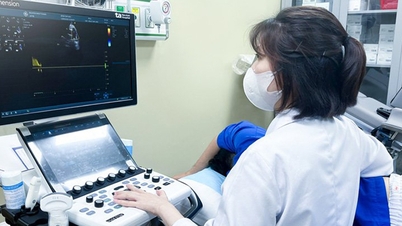


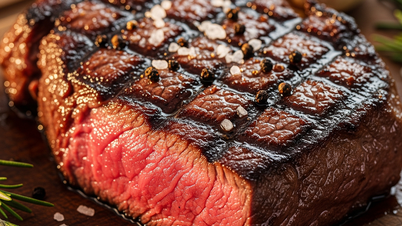







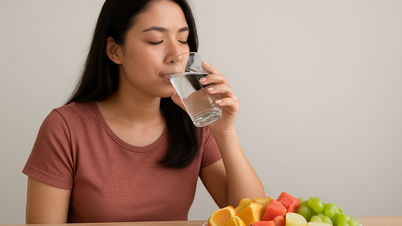
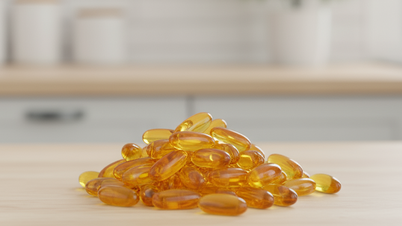












![[Video] TripAdvisor honors many famous attractions of Ninh Binh](https://vphoto.vietnam.vn/thumb/402x226/vietnam/resource/IMAGE/2025/10/16/1760574721908_vinh-danh-ninh-binh-7368-jpg.webp)



















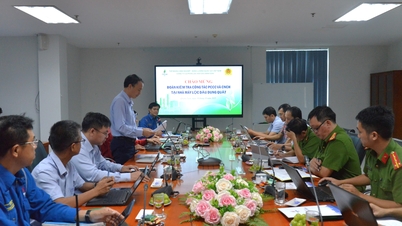









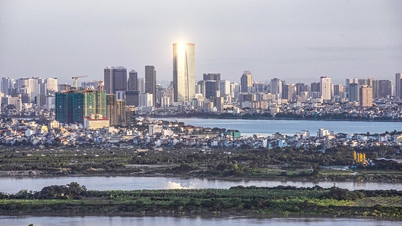




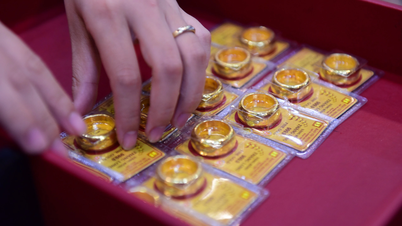











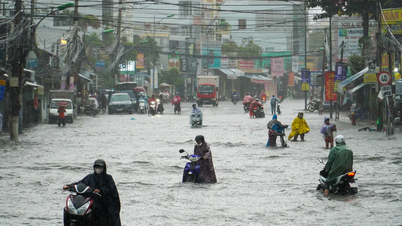




















Comment (0)